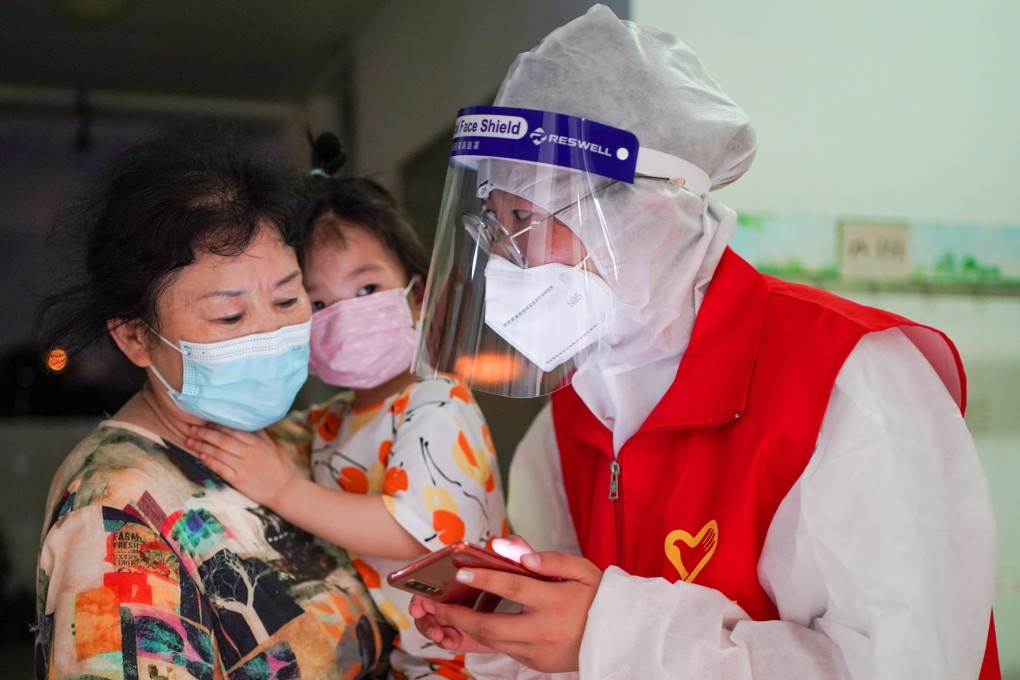Advertisement
Coronavirus: Nanjing cluster jumps to highest daily infections in China in months
- The Nanjing cluster – now at 106 cases – is the second most serious outbreak in China since February, with most cases Delta variant infections
- Molecular virologist suggests vulnerable and exposed populations be given a third booster dose of vaccine to save lives
Reading Time:3 minutes
Why you can trust SCMP
33

The number of Covid-19 cases in Nanjing in the eastern Chinese province of Jiangsu has risen rapidly over the past week, with daily infections reaching the highest in China since February.
Jiangsu had 39 cases on Monday and a further 31 cases on Tuesday, bringing the total case number in the cluster to 106, with six asymptomatic infections. Most cases in the cluster are Delta variant infections.
The Jiangsu cluster is the second most serious outbreak in China since February, following 170 cases recorded in Guangdong in June.
Advertisement
“The number of cases reported has climbed recently,” deputy director general of the Nanjing Centre for Disease Control and Prevention Ding Jie said on Tuesday. “Early cases transmitted among aircraft cabin cleaners quickly and spread further through social activities and work environment contamination.
“We tracked down a large number of close contacts and have been testing them. New cases are constantly being discovered.”
Advertisement
On Monday, China hit a half-year high after recording its highest number of daily coronavirus cases since January, with 36 imported cases reported in the capital and in five provinces, including Yunnan and Guangdong.
Advertisement
Select Voice
Choose your listening speed
Get through articles 2x faster
1.25x
250 WPM
Slow
Average
Fast
1.25x